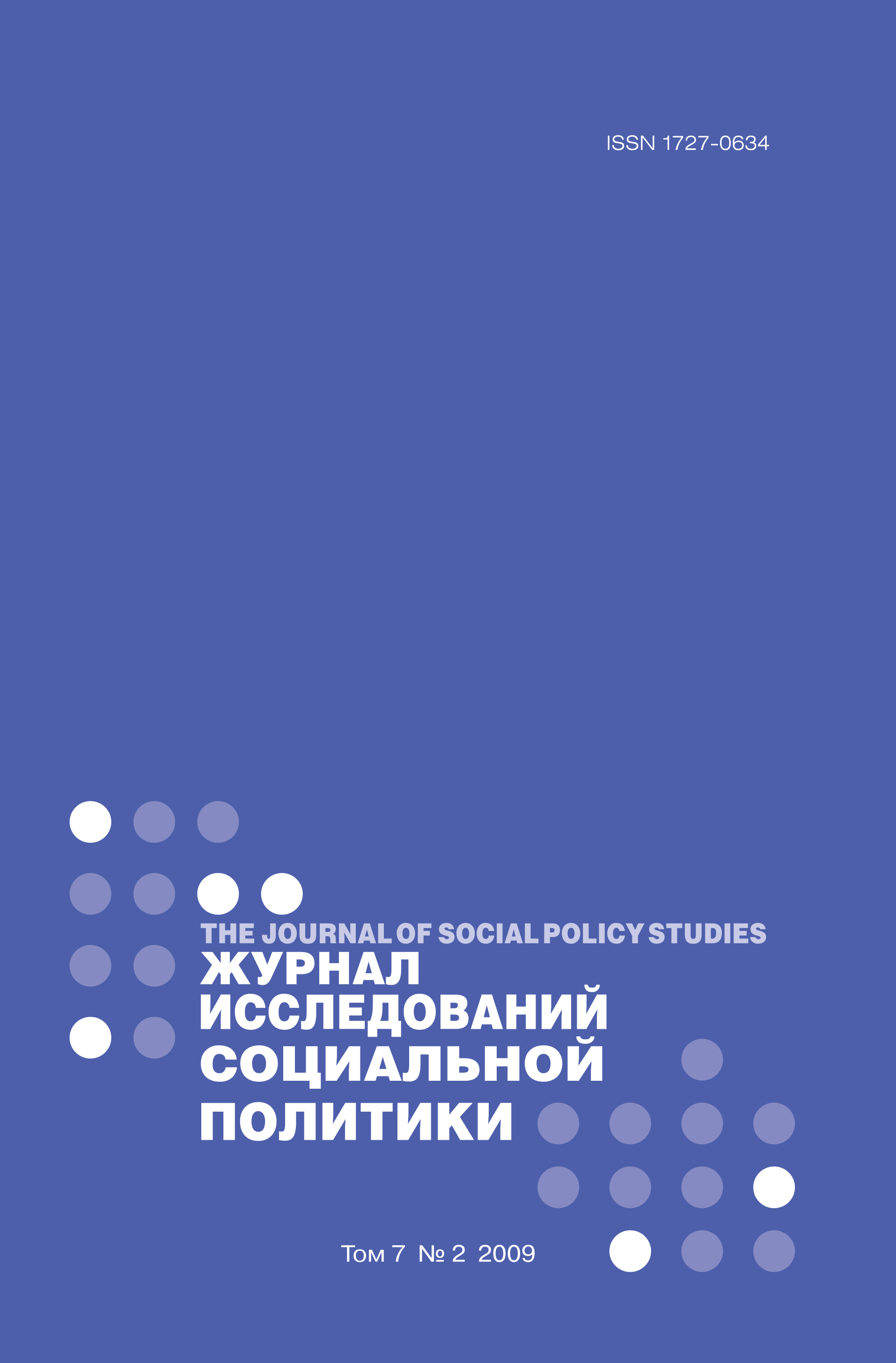Systematic Policy in Child Protection: Wishful Thinking or Achievable Goal (The Russian and Czech experiences)
Abstract
New approaches in the battle against rising numbers of children entering orphanhood are becoming increasingly sought. This begins with a rejection of the previous focus on merely removing children from ‘problem’ parents and finding them new, ‘better’ families to live with. The author analyses the continuity between three stages of intervention in family life; firstly in preventative measures to avert crises in risk families, secondly in anti-crisis intervention and finally through post-crisis work. Clearly, a significant amount of inter-institutional coordination is needed for continuity between the three stages. This article offers a comparative study of state approaches to this problem in the Czech Republic and the Russian Federation, two countries with significant levels of social orphanhood. This is done by statistical comparisons, using statistics to show the areas in which both countries are failing. This is followed by comparing legislation and legal practice in both countries and by looking at the differences and similarities of their intervention work. Both countries are found lacking in preventative measures, although the Czechs have had better results in coordinating the three stages than the Russian authorities, who have focused too much on punitive measures during the anti-crisis stage of intervention. Russian court orders often remove children from their families without any recourse to intermediary measures and returning orphans to their families is proven here to be rare, showing an unwillingness to reverse court decisions even when common sense dictates otherwise. The Russian approach is marked by harshness and a keen sense that parents must be perpetrators and be made natural scapegoats for the problem. While far from ideal, the Czech system has proven more able to coordinate its forces for the three-stage approach of intervention and provide more overall continuity between each phase of intervention. In both countries, resolution of this problem is firmly connected to achieving further success in linking the three stages of intervention.















